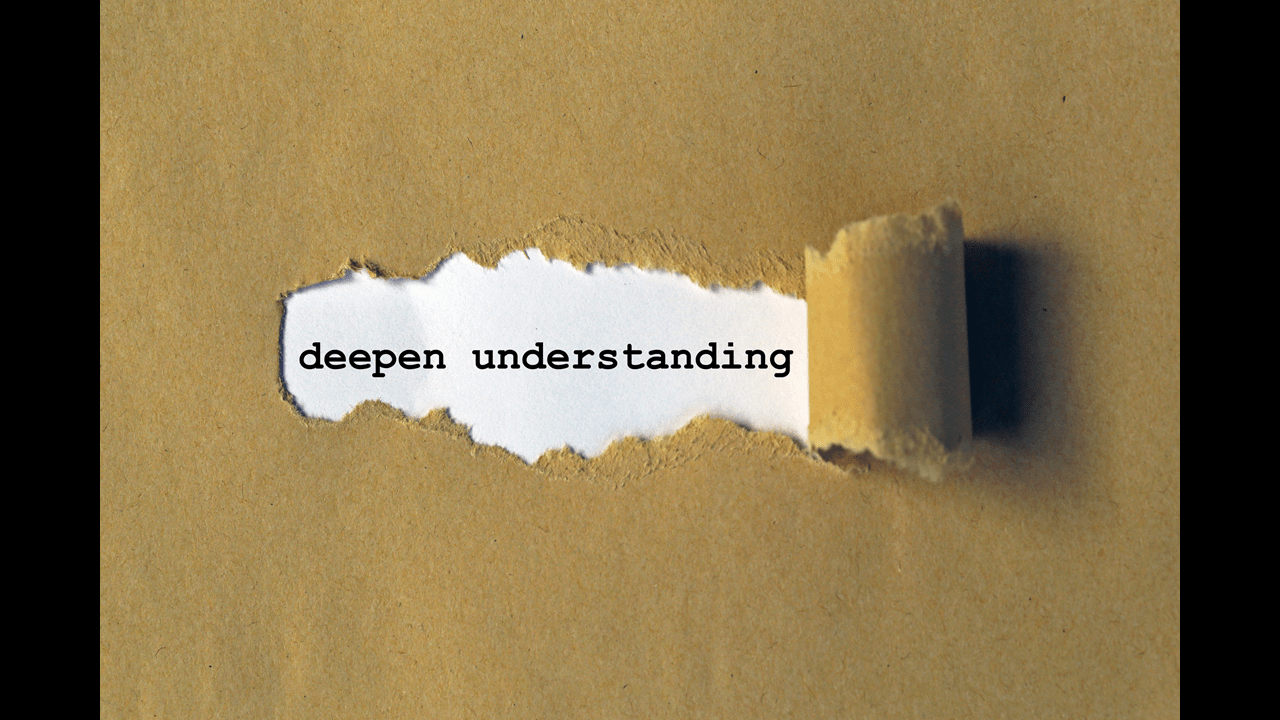Two months ago I published an important paper, called, “Urban Sociology and Philosophic Thinking for Sustainable Living, and Thinking in the City”. It is available to read at my website:
Urban Sociology and Philosophic Thinking
and also with the emerging academic community, outside the universities:
As I have been discussing with the Southern Brisbane Suburban Forum (SBSF), anyone with an interest in urban sociology and its histories need to read the paper.
I have an argument how academics do not understand that communities, outside of the universities, have their own versions of higher education. The academy in the late 20th century and the early 21st century suffered in Hemianopia.
The paper is an introduction to the thinking on urban sociology coming from academics who are linked into the communities. At the end of the year (2023) I will be going deeper than this introduction at four academic conferences. At the 2023 TASA Conference in Sydney, I will be speaking on “Emotion, Caring, and Convival Urban Sociology Between the Academy and Community”. The paper provides the lessons in applied urban, intellectual, sociology. The research is located between insights from the 2023 International Sociology Association’s world congress in Melbourne, the operations of the Southern Brisbane Suburban Forum (SBSF Inc.), and the socio-political discourses in the anticipation of the Brisbane Council-Mayoral elections in March 2024.
At 2023 The Australian Association for Study in Religion (AASR) Conference, also in Sydney, I will speaking on “Unitarian-Universalism: a crisis or flourish?” “Unitarian-Universalism” (Bumbaugh 2000, Grigg 2004, McKanan 2017, Skinner 1915) is lost in the general ignorance. This is a puzzlement as it is ostensibly celebrated as a type of organised religion or informal spirituality, in the historic American organisation of the Unitarian Universalist Association, with other expressions in the Anglo-American speaking world, and central Europe. However, there is a confusing attitude in the population between mundane thinking on unity and universality and a large body of philosophic understanding. Our suburban lifestyle evolves around what binds or what breakdowns community.
The 2023 Australian and New Zealand History of Education Society Conference, in Auckland (ANZHES), is the opportunity to explain the main challenge in what I am producing: understanding education. I will be speaking on “Comprehensive Education: From the Academy or the Community?”. Across several disciplines of the humanities and social science, the type of education which now exists as global Meet-Ups, community projects, and the traditional philosophy cafés, provided the critical assessments in how systems thought have been breaking down in the last century or more: transcendentalism, materialism, rationalism, and various halfway houses — the most sustainable being Unitarian-Universalism. Even in Unitarian-Universalism the philosophical work has largely been left undone because of the anti-intellectualism and pragmatism of the American globalised culture.
Shifting sites of exceptional education — making do and repurposing materials of education – is featured in the capital city of Queensland, as largely community education. It is the same in places like Toronto, Canada, and San Deigo and New York, United States. It is participatory teaching, and it is collaborative research, in a set of interrelated and educative projects.
The analysis reveals how well the multidisciplinary university faculties are performing in the old model of comprehensive education, comparatively. In Brisbane the cutting-edge research and education for urban sociology and geography are being delivered by the Mapping Brisbane History Project and the Southern Brisbane Suburban Forum Inc. For local studies and philosophic histories, it performed at the highest levels in the Brisbane Meetup Intellectual Network, and the Brisbane History Southside Network. This paper is an activist-scholar assessment of the Brisbane community education scene.
At the 2023 Philosophy of Education Society of Australasia Inc. Conference, also in Auckland (PESA), I will be speaking on a more specific topic, “The History and Future of Apologetics Courses in Christian colleges: The Historiographical Challenges from Marc Bloch (1886-1944)”. At first appearance, the link to urban sociology is not apparent. Since Craig (1984, 2008) work on rethinking Christian Apologetics, teachers have misunderstood the semantics from critics such as Fodor (2018), which are precisely clarified in Bloch. The misunderstanding come largely from the difficulties in comparative histories (Sewell 1967, Hill 1980). That wide set of comparative histories very much includes meta-reflections on urban sociology. Marc Bloch was as much a geographer as he was a philosopher. Both cultural studies and its angry critics are all in error for such scholarly statements cannot appreciate how the disciplines, or even the anti-disciplines, of geography, history, sociology, and educationalist theory, keeps the limits of cultural claims.
Although the comprehensive and free thought curriculum here, which is being developed for the Free Thinker Institute, New York, United States, and The Philosophy Cafe Meet Up, Brisbane, Australia, on appearance, looks like Eclecticism, it is not. It is a movement to the Horizon Worldview(s). The difference between eclecticism and my approach is the question of “fit” for belief and doubt.
REFERENCES FROM MY PREVIOUS WORKS
Please see:
RESEARCH NOTE: ANGLO-AMERICAN MAJOR BELIEF-DOUBT SYSTEMS
History and Practice of Community Education. CET No. 1.
Featured Images: Deepen Understanding 152918926 | Dreamstime.com and Collage of Images as (left to right, top to bottom) —


Vision, education people concept – displeased red haired teenage student girl in glasses and checkered shirt l showing thumbs down over grey background. Photo 143161962 © Syda Productions | Dreamstime.com
Girl sleeping with holding a sign with the word Help. Photo 134669606 © Sevak Aramyan | Dreamstime.com
A close up shot of a little boy at school who looks distant and upset. Photo 57218706 © Liquoricelegs | Dreamstime.com
Grunge image of a stressed overworked man studying. Photo 39431170 © Kmiragaya | Dreamstime.com
Stressed college student for exam in classroom. Photo 68713779 © Tom Wang | Dreamstime.com
Worried young woman using laptop, teenager feeling nervous passing online exam or distance graduation test on web, f grade, anxious girl stressed by bad news in email, biting nails, looking at screen. Photo 101334378 © Fizkes | Dreamstime.com
Neville Buch
Latest posts by Neville Buch (see all)
- Dear grossly, ethically, corrupted - December 21, 2024
- Thoughts with a Professional History colleague on “Artificial Intelligence” - December 21, 2024
- Stephanie M. Lee on “AI by omission”, The Chronicle of Higher Education, Thursday, December 19, 2024 - December 20, 2024

